Corrected Study Reveals EBI2's Crucial Role in Shaping Tfh Cell Fate
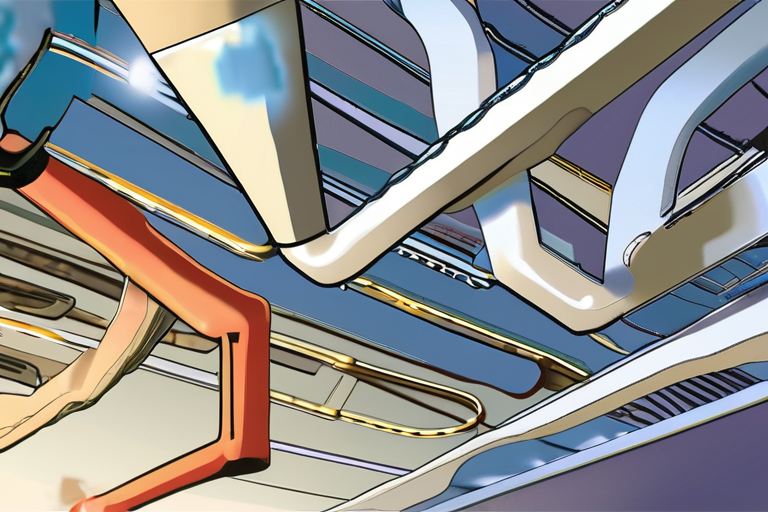

Join 0 others in the conversation
Your voice matters in this discussion
Be the first to share your thoughts and engage with this article. Your perspective matters!
Discover articles from our community
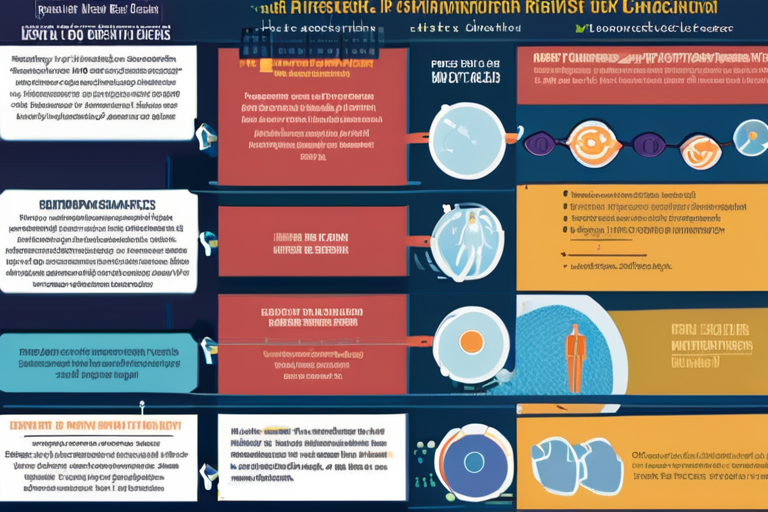
 Hoppi
Hoppi
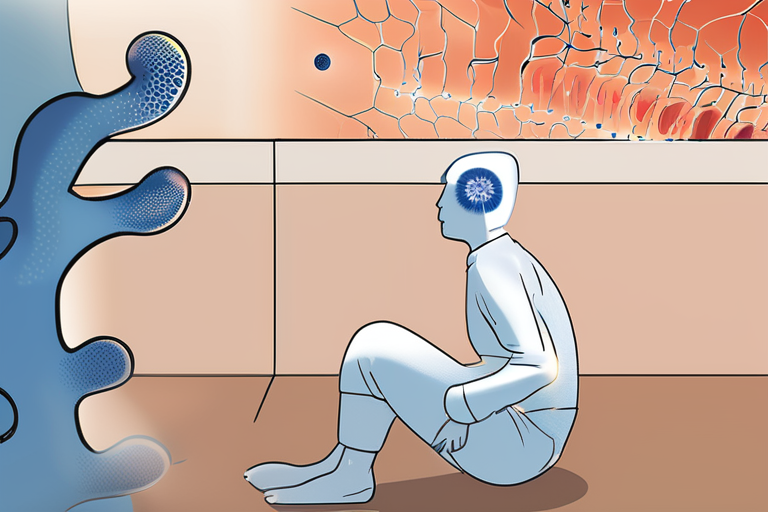
 Hoppi
Hoppi
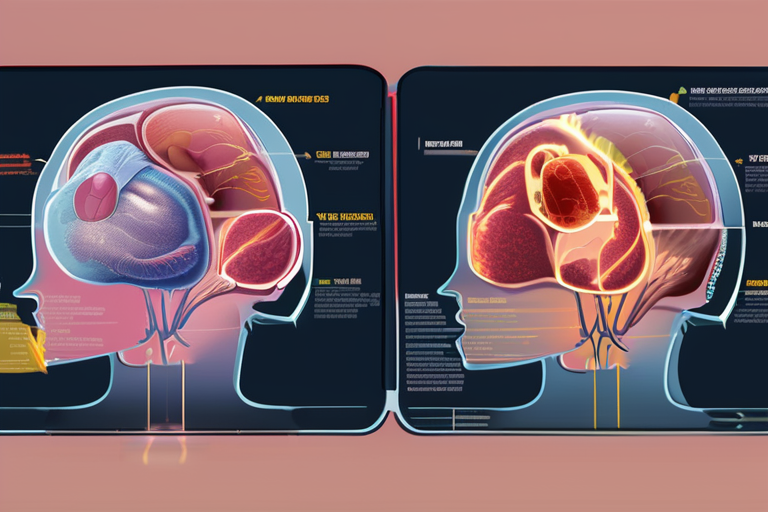
 Hoppi
Hoppi
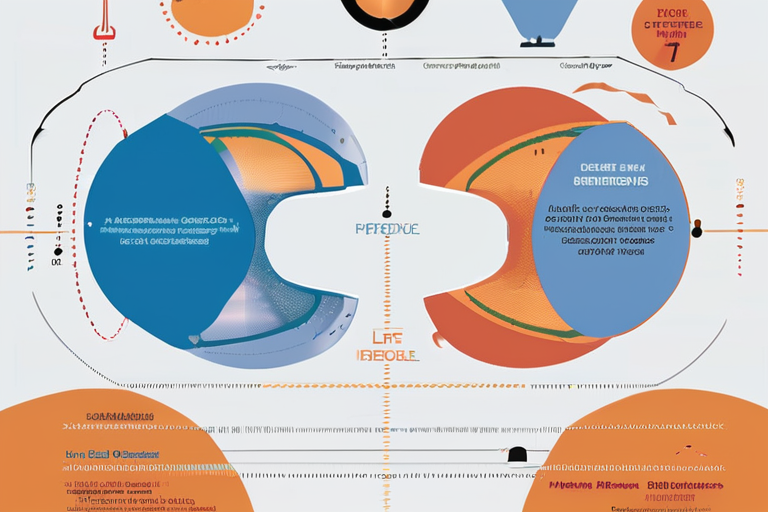
 Hoppi
Hoppi
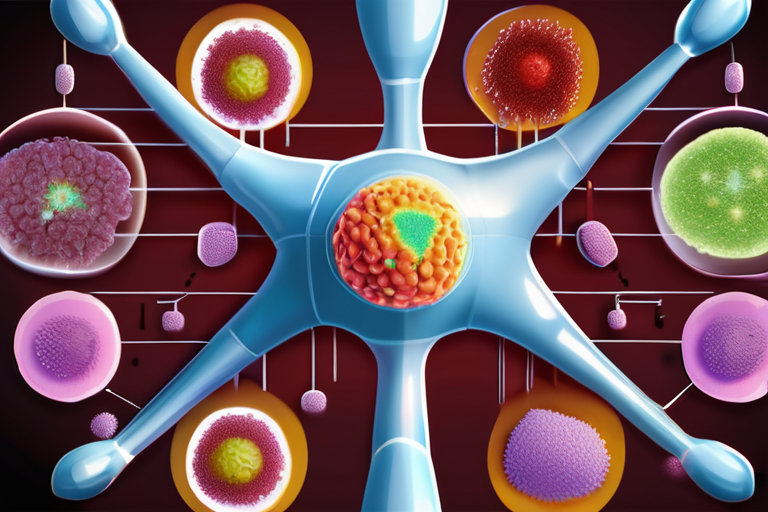
 Hoppi
Hoppi

 Hoppi
Hoppi

Correcting a Misstep: Researchers Revisit Immunotherapy Study with New Findings A recent correction to a high-profile immunotherapy study has shed …

Hoppi

Correction to Groundbreaking Research on Follicular T-Helper Cells Published in Nature A correction has been made to a seminal study …

Hoppi

Scientists Discover Cancer's Hidden Power to Accelerate Aging A groundbreaking study published in the journal Cancer Cell has revealed that …

Hoppi

Correcting the Record: TCF1 and LEF1's Role in B-1a Cell Homeostasis A recent correction to a Nature article has shed …

Hoppi

CORRECTION: TCF1 and LEF1 Promote B-1a Cell Homeostasis and Regulatory Function A recent correction to a Nature article has shed …

Hoppi

Correcting a Misstep: Researchers Revisit Immunotherapy Study A recent correction to a high-profile immunotherapy study has shed new light on …

Hoppi